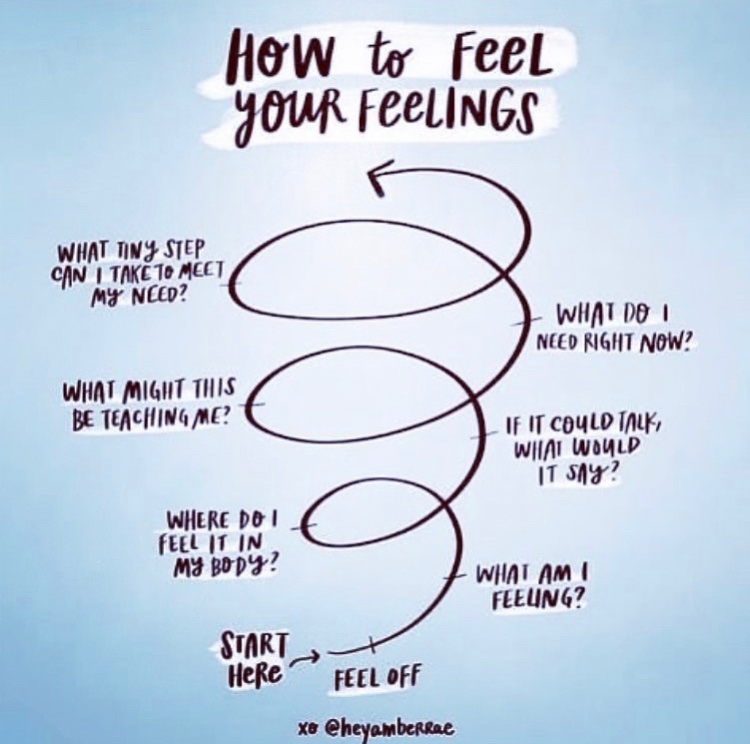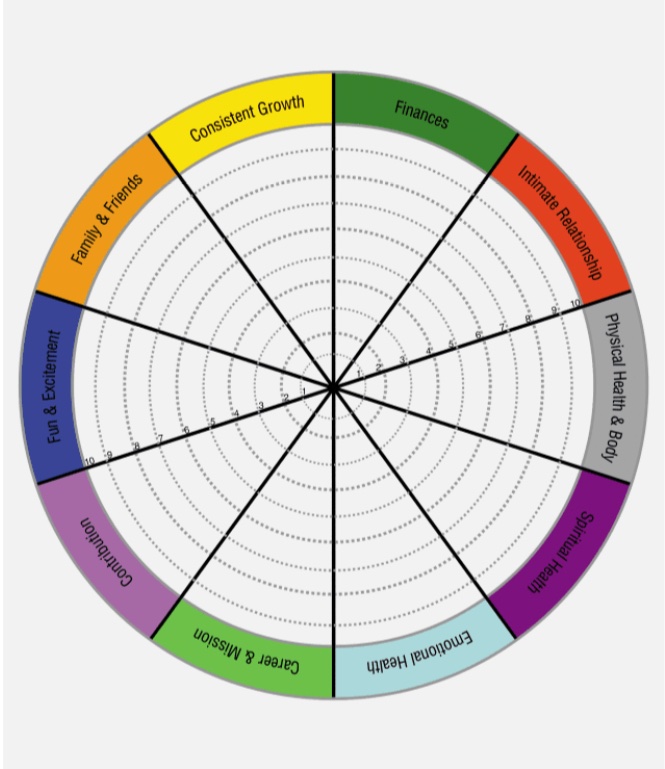
In preparation for an upcoming writing gig, I’ve been giving thought to the stories we carry about ourselves and the truer story beneath it. I find that when I have a strong reaction to something, it’s because the story playing out often sits on top of a deeper truth—one I am less willing to expose for all the world to see.
I am struggling to peel back the layers of a story that emerged the other evening as my husband and I read together in bed. As a Valentine’s gift, I had given him a book called The Five Love Languages by therapist Gary Chapman. It’s not something I would have picked up but it’s been recommended to me on a few occasions, the latest by my friend Jen Medwin who is a divorce coach.* That time I took it seriously.
An odd thing began to happen while I read aloud. The therapist presented a couple in terms that struck me as odious gender stereotypes—I couldn’t focus on anything else. The wife griped about how the husband worked too much and didn’t spend time with her. The therapist described the wife as a devoted mother who worked part time “just to get out of the house.” The husband spent most of his waking hours at a lucrative job away from her and the children. She complained, he withdrew, they were unhappy.
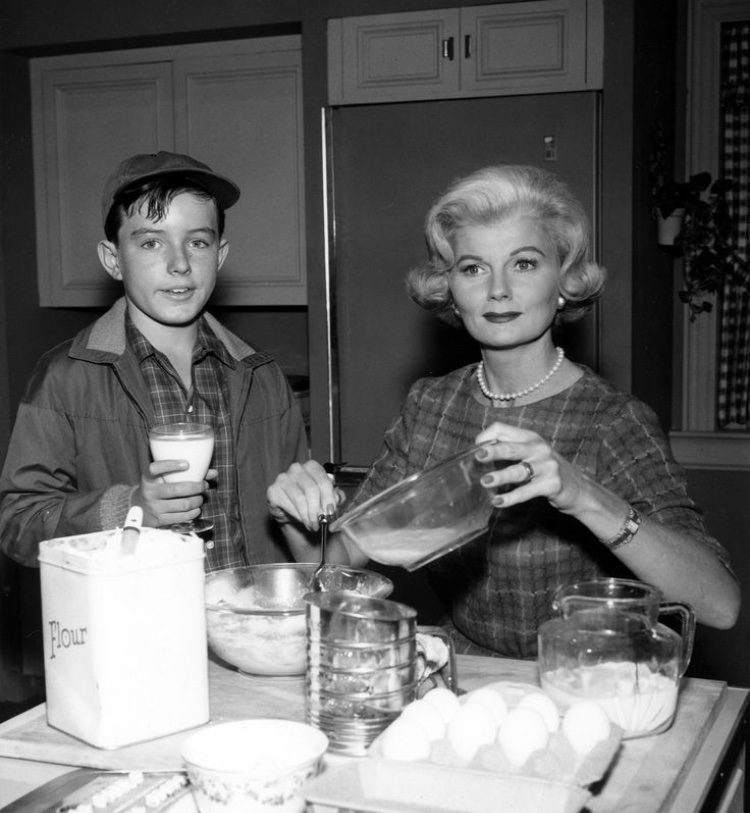
All I could think was just to get out of the house? Why’d the therapist portray the woman as such a vapid mom bot? Why does the man get to be the important one who is allowed to leave the house for an actual purpose? The intended lesson about appreciation and affirming each other’s value wasn’t sticking. Instead, I focused on how disgusted I was with this sexist author.
But there’s a story about me beneath this story—the real reason for my negative reaction. I felt offended on behalf of the woman who’d been characterized as having no real purpose beyond service to her family. The male author sounded dismissive of her pursuing something that belonged to her alone. Why couldn’t she have a life? I was projecting all sorts of my own issues onto these people. There’s a story underneath that one too.
An outside observer might have assumed my mother’s succession of side hustles were meant just to get out of the house. Our family was her whole life. I once asked if that’s what she had wanted. “I married a doctor—in those days that was the best you could do,” she said. Her answer suggested her feelings about it were irrelevant. She had four children back to back and spent every minute with us. My dad disappeared into work and rock climbing with friends. But the role she believed to be her highest potential left her feeling unsatisfied. Hence the search for herself in small ways, part time gigs that would allow her to be available to us kids while dad did his own thing. When I was twelve, she left the family for good.
If we had assumed her needs beyond childcare were just to get out of the house, we did so at our own peril. She did need to get out. Permanently. As a result of her hasty exit, I’ve concluded that my mom’s role as reluctant stay-at-home mom was an unsustainable model. Being the only one available to four children didn’t allow room for her to breathe, to be herself, to pursue her own interests. She suffocated under the weight of the very family had she created. Maybe that’s why she ran away. To save herself. Honestly, I don’t know, that’s just what it looked like to me. She said leaving us with my dad was a financial decision. He could afford us, she couldn’t. End of story.
As a young woman, I worried about ending up like my mom. With every move, I did the opposite. She dropped out of college, I put myself through law school. She struggled to make her own living, I earned top dollar at a fancy firm. I’d never depend on a man for anything. I figured that when I had kids, my husband would be the one to stay at home while I continued to build my career. In my head, our future kids had a parent at home. The motherless second half of my childhood lead me to consider no alternative. With my mom’s experience in mind, I reasoned that I should not be the one to give up my career, i.e., the key part of my plan.
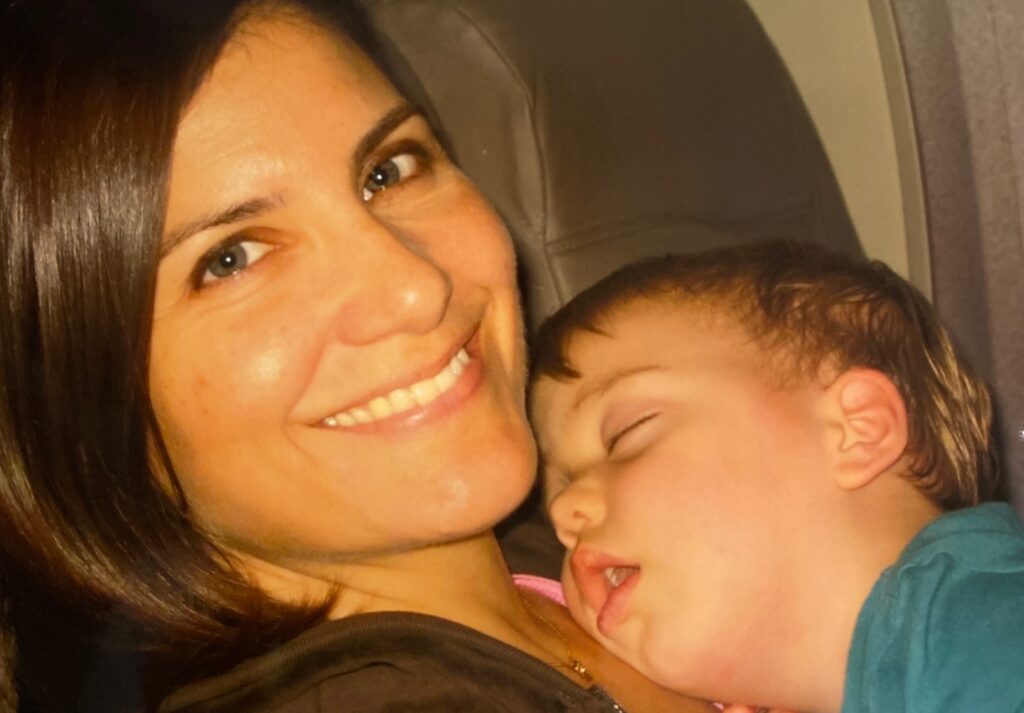
Then I got married and became a mother. Mark was already a partner at his firm and a serious earner. He had been a latch key kid from a two parent home and had no qualms about outsourcing childcare. In no scenario would he be the one to stay at home. It was such a non-starter I didn’t even suggest it. By that point, the idea of leaving my actual kids as opposed to the hypothetical ones was unthinkable. We were lucky to live well on one salary so I didn’t have to face the fear of someone mistreating them. I would be their fierce protector and the one to make all the decisions. I ditched my career and devoted myself to raising a family.

With every parenting choice, I felt the judgmental eyes of the world on me. The mommy wars** proved we couldn’t cut ourselves or each other any slack. No matter. I would execute the mother role flawlessly or die trying. Out of the gate, I glue gunned one hundred and twenty-five trifold birth announcements, each one consuming a full hour of my time. I researched the chemical compounds in disposables, then cloth-diapered each of my three babies. The entire house underwent a detox, from fridge to pool which I outfitted with a silver copper ionization system discovered in some hippie enclave in California. I made every decision as if their lives depended on it.
Pulling me out of my reverie, Mark continue to read. The therapist concluded that the unhappy couple must lighten the tone of their marriage. They were told to complement one another twice a week and see how they felt after a few months. Two measly compliments per week? Ugh, this guy. After the exercise, the husband felt great. “She really made me feel like a man,” he said. I swear, that’s exactly what the book says. The therapist concluded that his love language was positive affirmations. The wife still wanted out. Duh.

During the next few days, I wondered how many of us there were whose real selves lay under layers of stories that aren’t even ours and if we can ever fully peel them back. As children, we take cues from our parents on who we should be. If they mirror our emotional state, we have a chance to grow up with a healthy sense of self. If not, we conform to the outside world’s idea of who we should be. We chase acceptance and conditional love. We learn to disavow that inner voice and search outside ourselves for validation. We go to law school to make a lot of money, to feel important, to be the sole support of our family if our husband leaves. We try to be the perfect mother. Or maybe that’s just me.
The next night, we snuggled up and read about the love language of gift giving. But it wasn’t what I expected. Some of us desire the gift of our partner’s presence, deep conversations that build connection and make us feel heard. I think that’s my love language. Finally, instead of focusing on the personal bias of the author, I listened to the message that had prompted my friends to recommend it in the first place.
And that’s when it dawned on me. I recalled Mark describing a conversation with an old friend of his from high school. He asked about me. Mark told him how much I enjoyed writing. “I wish my wife had found something like that after the kids were grown,” he said. My face grew hot. It sounded to me like the friend judged his wife for not having a life of her own. He thought she needed another interest just to get out of the house. After she had been the one to do it all for their three kids while he built a lucrative business—so odd that she hadn’t found a burning passion. Mark pushed back. “He just wants her to have something she loves to do, like you.”
And there it was. The story about a wife who worries her husband may not know that her work is what she does to survive even though it’s not what keeps food on the table. There is nothing just to get out of the house about it. It’s not even out of the house, for pete’s sake. It is critically important to her and it’s also the work that gets thrown over whenever kids, dog, maintenance people, etc. need her to drop what she is writing. It is deeply frustrating.
But the final layer is how she judges herself for not being the one to make the money. Her inability to be the perfect mother and provider despite her meticulous planning. That is the hardest truth of all.
Facing our truth can be painful. We need each other for that. When we share our truth, we feel seen. That is the language we all speak. Not as vapid mom bot or daddy worker bot, but as real flesh and blood, full human beings. When I pan out to include Mark, he can be seen silently shouldering the burden of a family with mounting expenses. On a new business. During a global pandemic. My assumption that he doesn’t value my work is false—a relic from the past. He has told me how much he appreciates my insights and has always shown support. When we connect from a true and unburdened place, we can both be the partner the other needs.
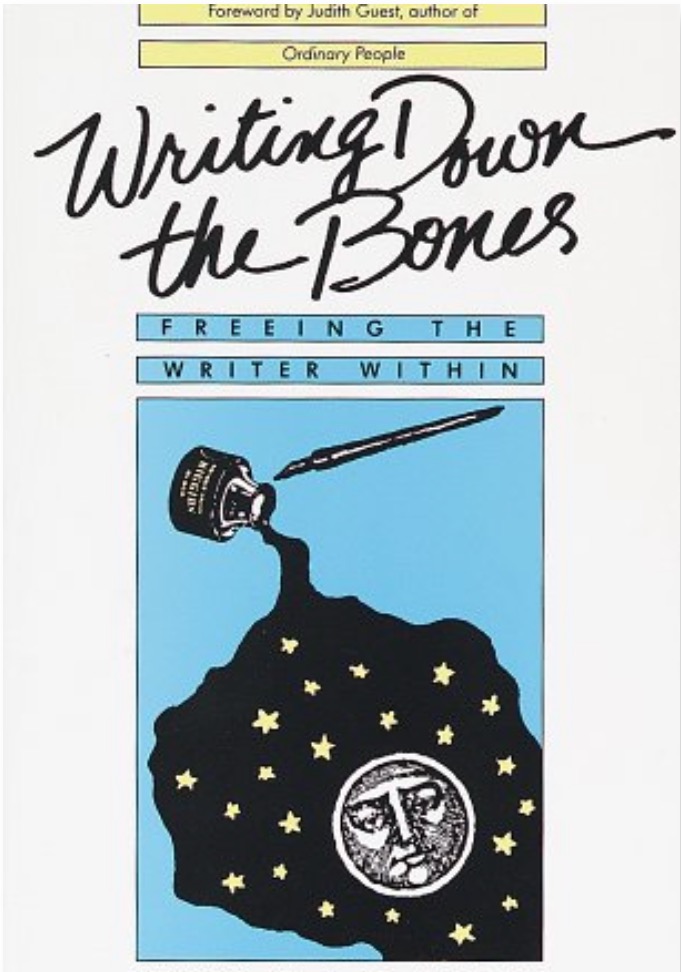
As for how we peel back the layers of our false selves—this is a choose your own adventure situation. For some of us, it’s therapy. For others meditation, studying spiritual leaders, personal growth immersion experiences, yoga, running. The modalities for unraveling the tangle inside us are many. For me, it’s all of these, but the MVP is writing my way out. Until I started a writing practice, I just wanted to feel like I belonged somewhere. I was neither lawyer nor vapid mom bot. I knew I wanted to write from the first time I picked up Natalie Goldberg’s Writing Down the Bones in high school. But “struggling writer” couldn’t be the plan—no money in it. And it hurt too much to write back then when the pain was so fresh. The timing wasn’t right. But now is the perfect time for me to be a writer. I don’t have to live my life in opposition to my mother anymore. I can just be me.
And the interesting thing is, I now understand that belonging is not my goal.
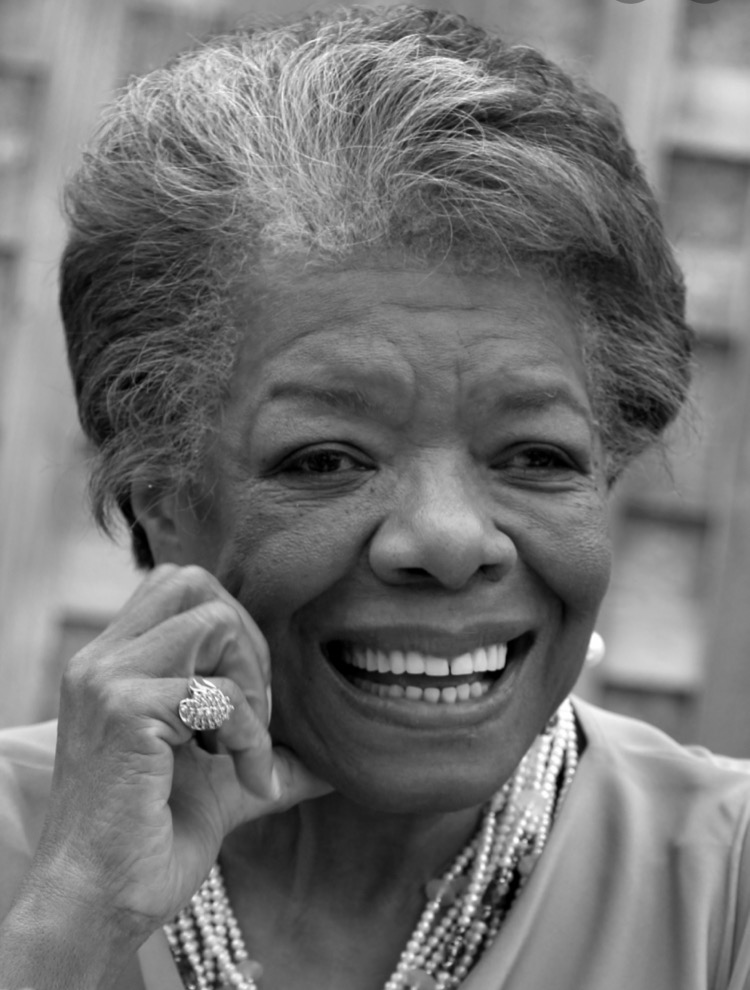
“You are only free when you realize you belong no place—you belong every place—no place at all. The price is high. The reward is great.” -Maya Angelou
On this journey, I have learned that being yourself will cost you. I’ve already racked up a few close relatives and a handful of friends who no longer speak to me. But if that’s who I had to give up to get myself in return, so be it.
When we finally have the courage to let go of all the false narratives of who we are, we know, deep down, that it’s all going to be okay.
Love,
Elizabeth
WRITING PROMPT: What’s underneath the surface story that everyone knows about you? And what’s under that one? Or are you one of those unicorns who fully inhabits yourself without need of any false selves? Tell me all about it!
*Jennifer Medwin is a Certified Divorce Coach, Supreme Court of Florida Family Mediator, and Certified Marital Mediator. Check her out on http://www.seekingempowerment.com.
**Books and articles pitted mothers who worked outside the home against mothers who stayed at home with their kids, leaving all of us feeling like we couldn’t get it right no matter what.
Copyright © *2021* *Elizabeth Heise, LLC*, All rights reserved.
Our mailing address is:
elizabeth@elizabethheise.com
Want to change how you receive these emails?
You can update your preferences or unsubscribe from this list.
 When an accomplished author praised my work and offered to hook me up with her literary agent, I thought, this is it. Finally, the one time I don’t have to do things the hard way. A wave of entitlement washed over me—this was payback for all the times I’d been left to tough it out on my own. The agent would offer to represent me, I’d get a pass on the most challenging part of writing a book: getting it published. This big time player would sell it to a traditional publishing house and boom, I’d be set.
When an accomplished author praised my work and offered to hook me up with her literary agent, I thought, this is it. Finally, the one time I don’t have to do things the hard way. A wave of entitlement washed over me—this was payback for all the times I’d been left to tough it out on my own. The agent would offer to represent me, I’d get a pass on the most challenging part of writing a book: getting it published. This big time player would sell it to a traditional publishing house and boom, I’d be set.

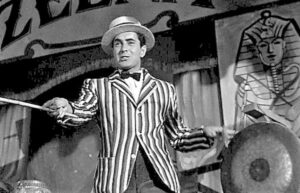

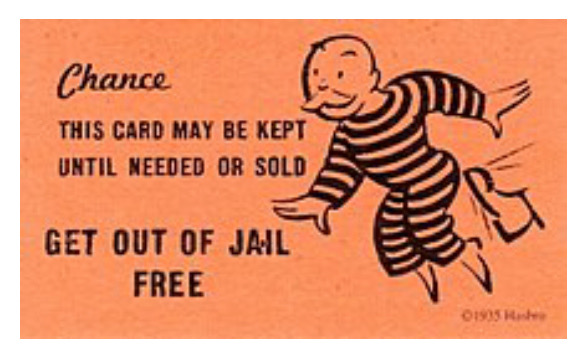
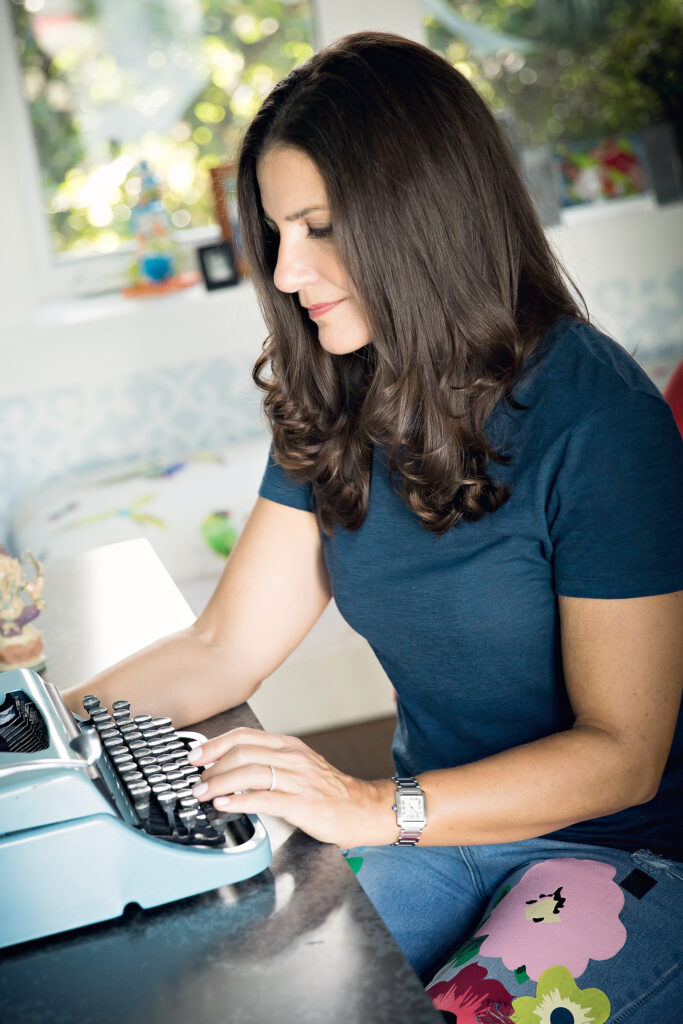





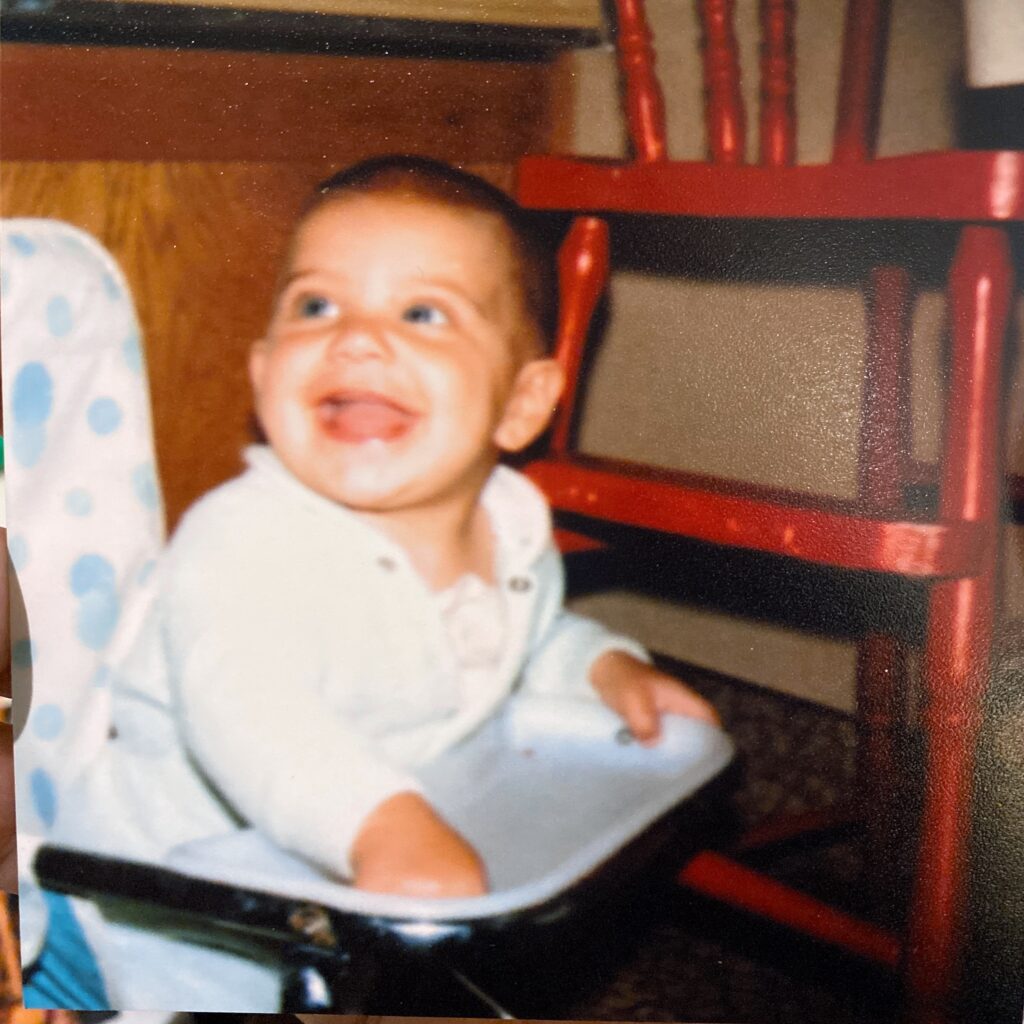


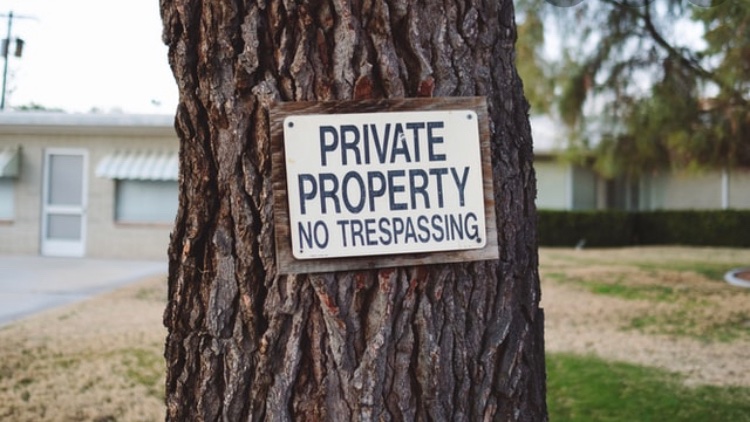
 Most of the neighbors on my end of the street have been proactive about the squatters. Their presence has caused quite a stir. No one on our peaceful block seems at all distressed by the gun-stockpiling, insurrection-sympathizing rich guy who is protected by a dedicated police presence. But by displaying that flag, he denounces the results of a national election and continues to support someone who incited violence at the nation’s capitol, against police officers, lawmakers and even the former Vice President. Domestic terrorism is against the law but there are no specific criminal penalties for it. The insurrectionists are facing simple trespassing charges and the like. Reform is urgently needed.
Most of the neighbors on my end of the street have been proactive about the squatters. Their presence has caused quite a stir. No one on our peaceful block seems at all distressed by the gun-stockpiling, insurrection-sympathizing rich guy who is protected by a dedicated police presence. But by displaying that flag, he denounces the results of a national election and continues to support someone who incited violence at the nation’s capitol, against police officers, lawmakers and even the former Vice President. Domestic terrorism is against the law but there are no specific criminal penalties for it. The insurrectionists are facing simple trespassing charges and the like. Reform is urgently needed.
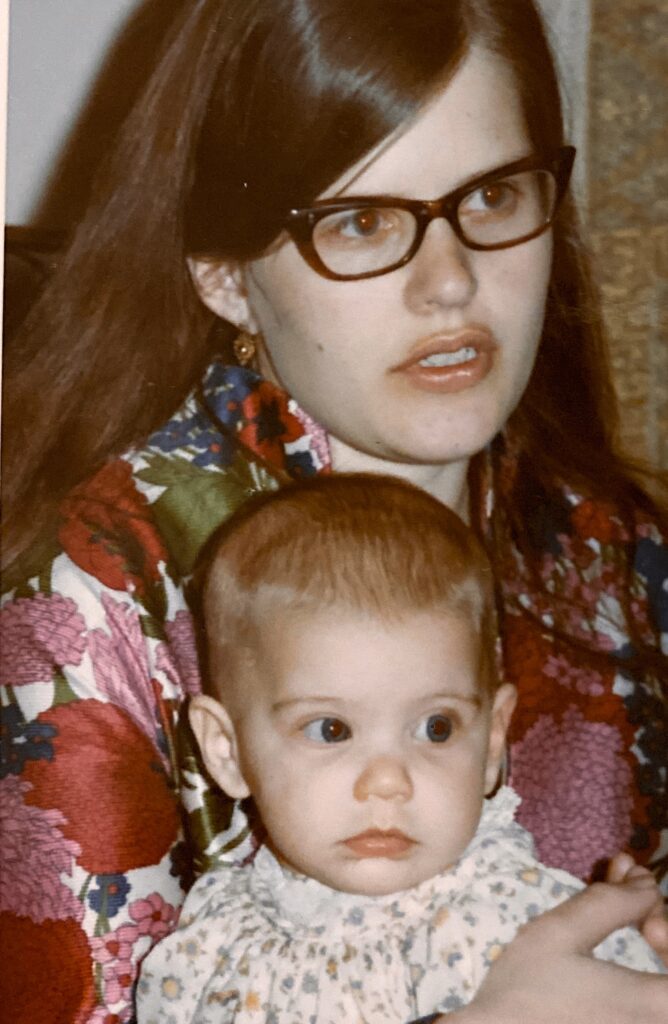 Mom & Me 1970, San Francisco
Mom & Me 1970, San Francisco


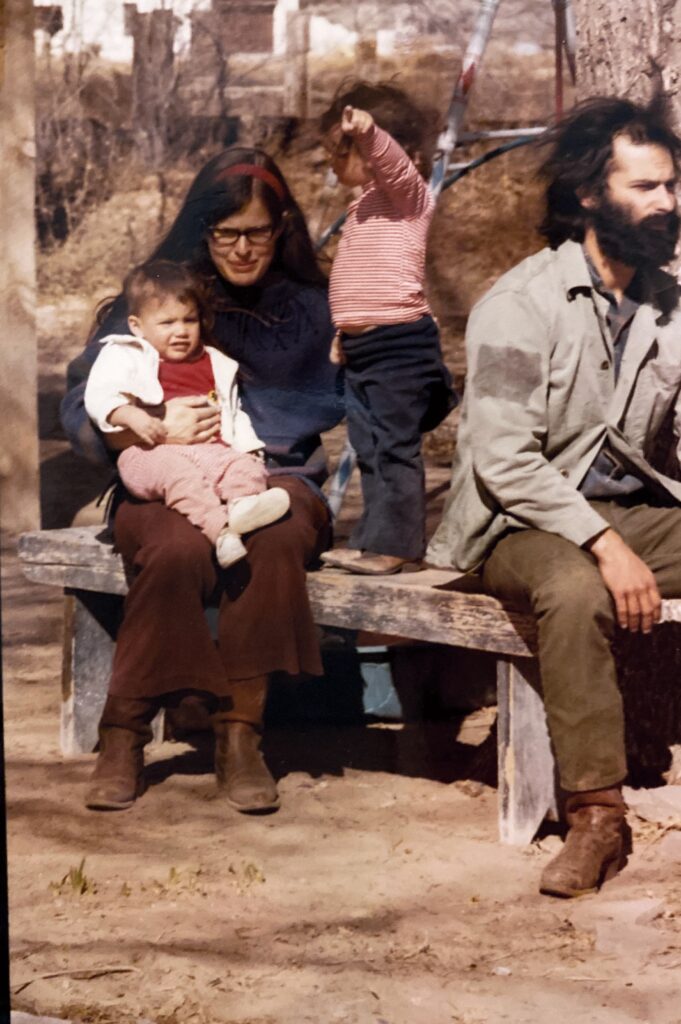
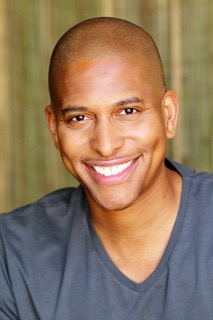





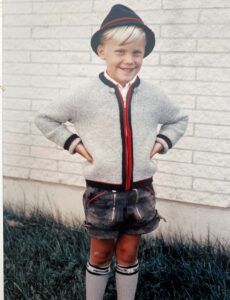


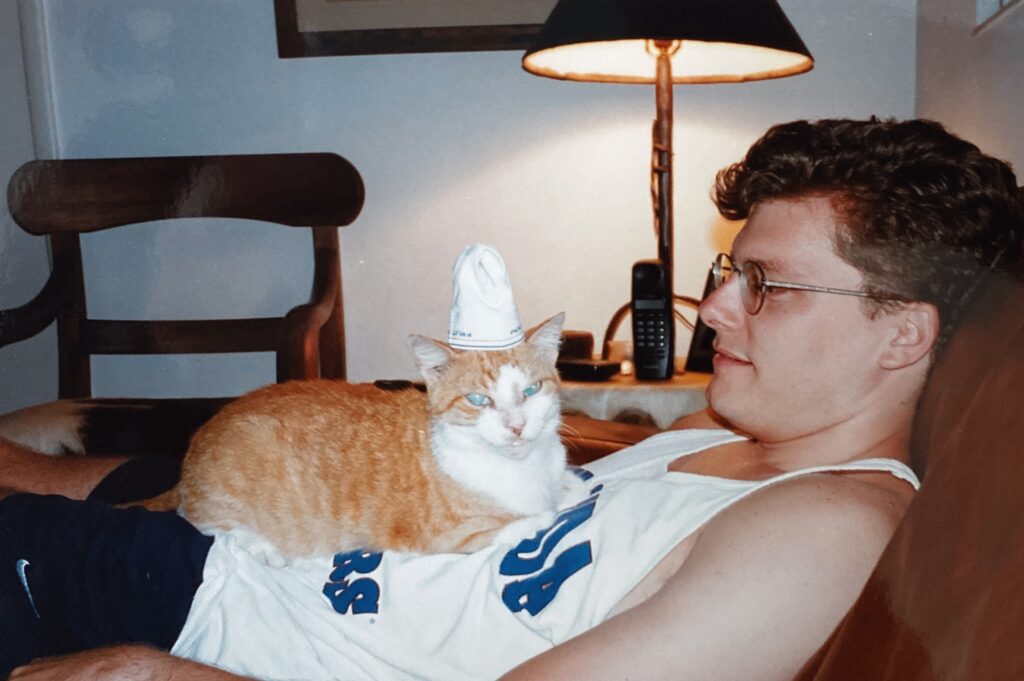
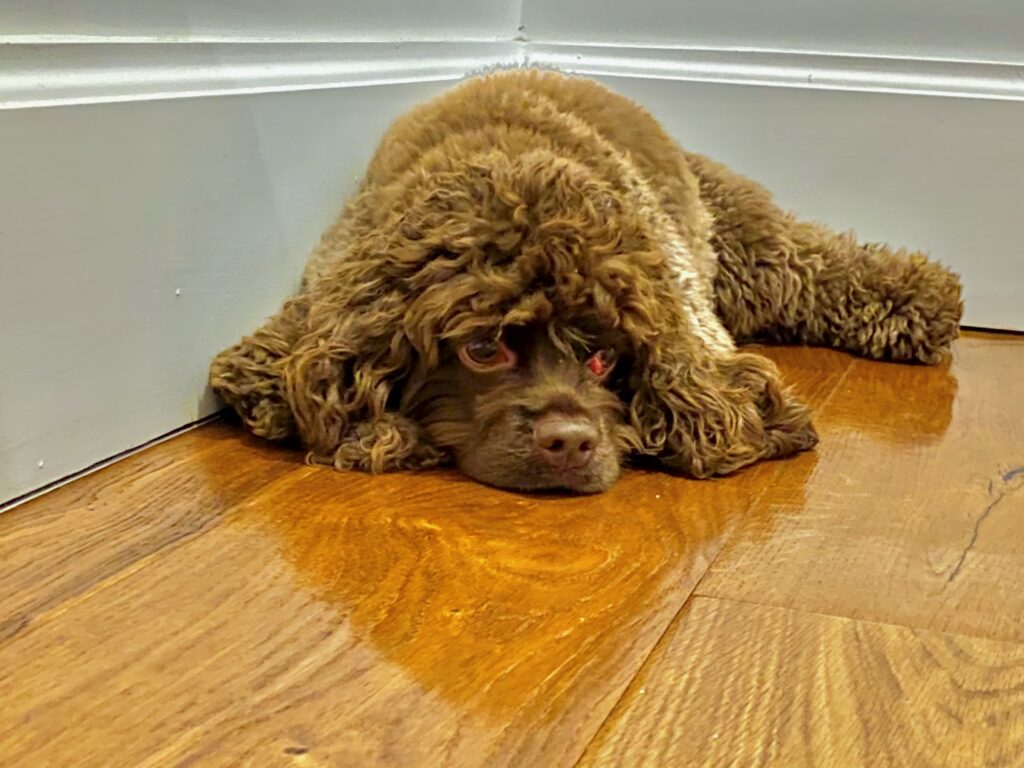

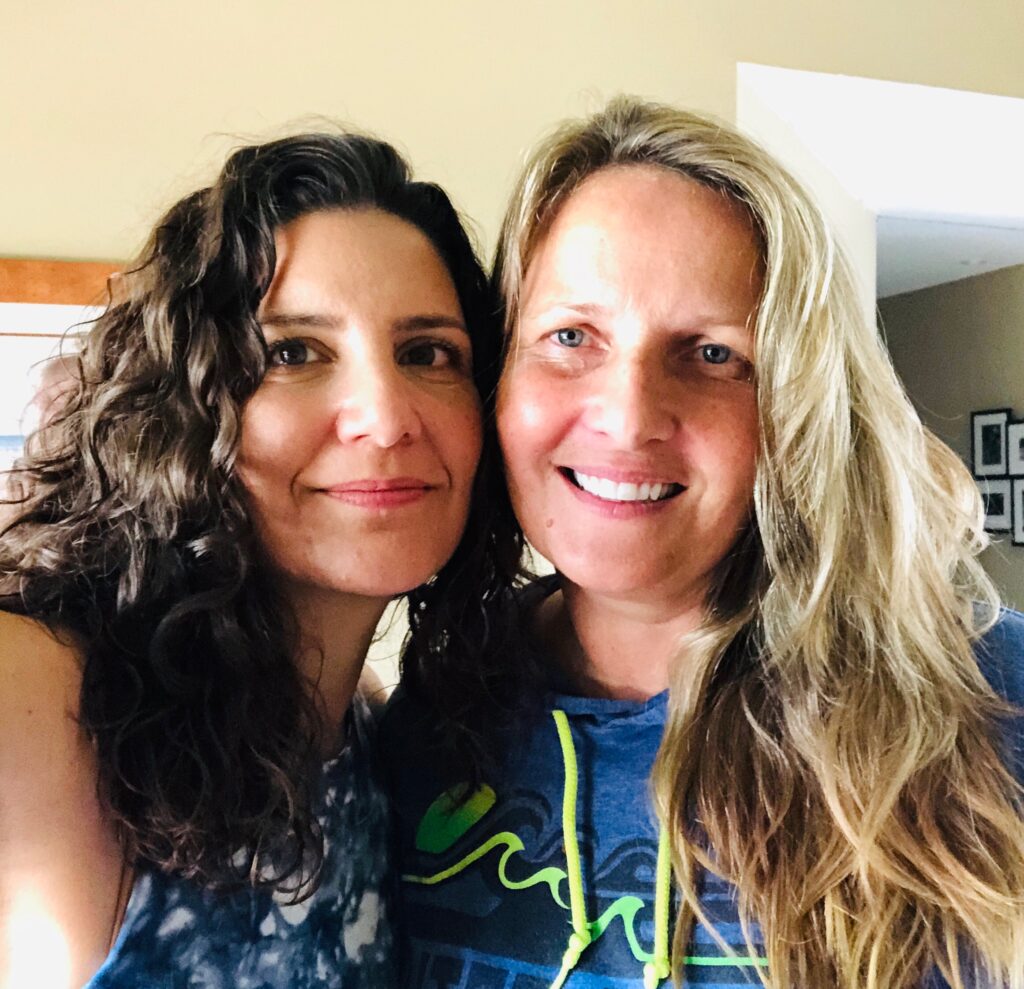
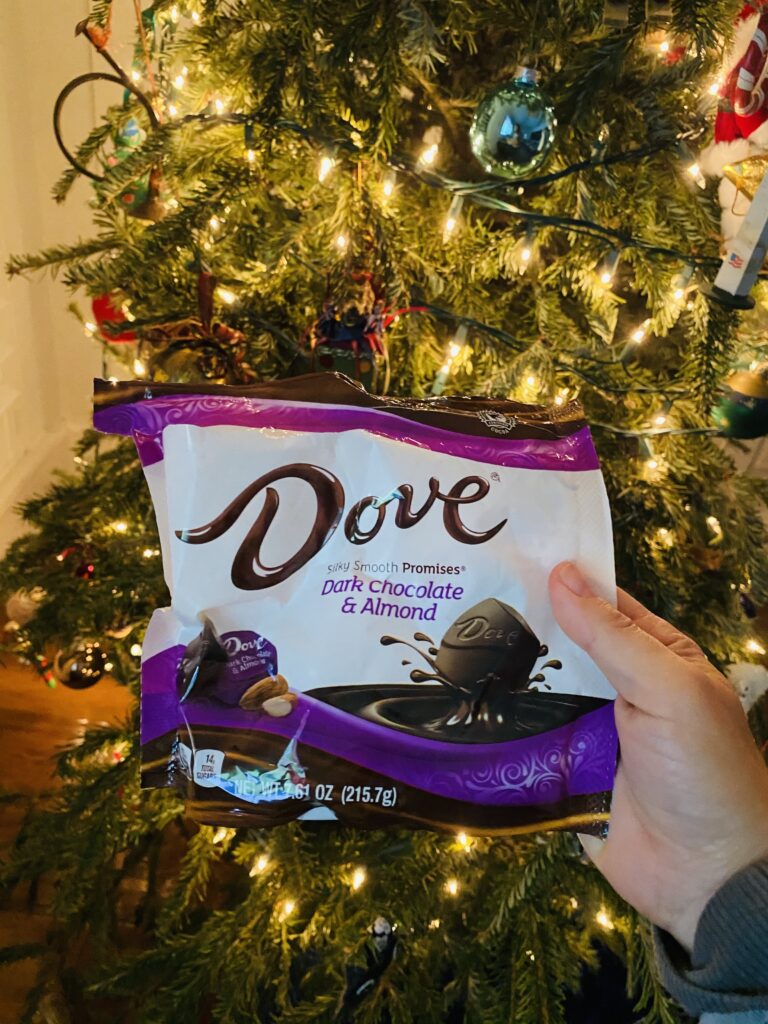





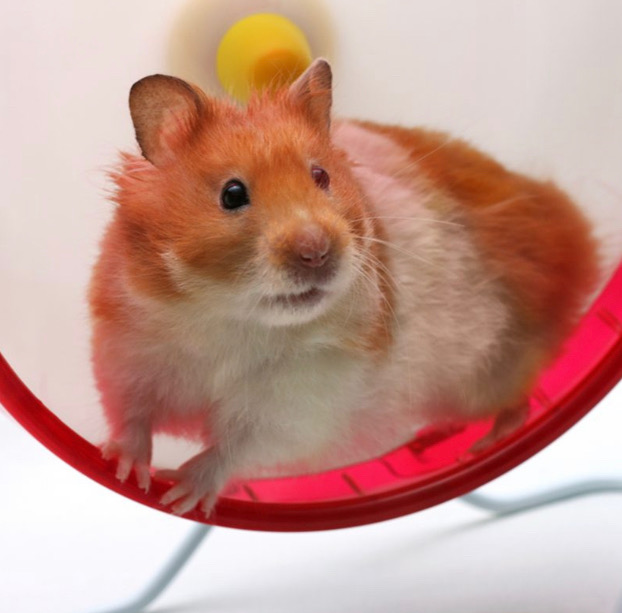 My life is out of balance. Given what’s going on in the world, this is a lucky gripe to have–but the pandemic only exacerbated it’s lopsidedness. My go-to cautionary tale for this involves a certain criminal lawyer who lost it after working fifteen years straight without a vacation. At the time, he represented a city commissioner who’d been thrown in jail on corruption charges. Before being spotted mid-smooch with his client’s beautiful wife, the lawyer had enjoyed an impeccable reputation and storied career. You had to feel for the guy who really was a good person and a great lawyer. He hadn’t allowed himself to cut loose in over a decade and it finally caught up with him.
My life is out of balance. Given what’s going on in the world, this is a lucky gripe to have–but the pandemic only exacerbated it’s lopsidedness. My go-to cautionary tale for this involves a certain criminal lawyer who lost it after working fifteen years straight without a vacation. At the time, he represented a city commissioner who’d been thrown in jail on corruption charges. Before being spotted mid-smooch with his client’s beautiful wife, the lawyer had enjoyed an impeccable reputation and storied career. You had to feel for the guy who really was a good person and a great lawyer. He hadn’t allowed himself to cut loose in over a decade and it finally caught up with him. 
